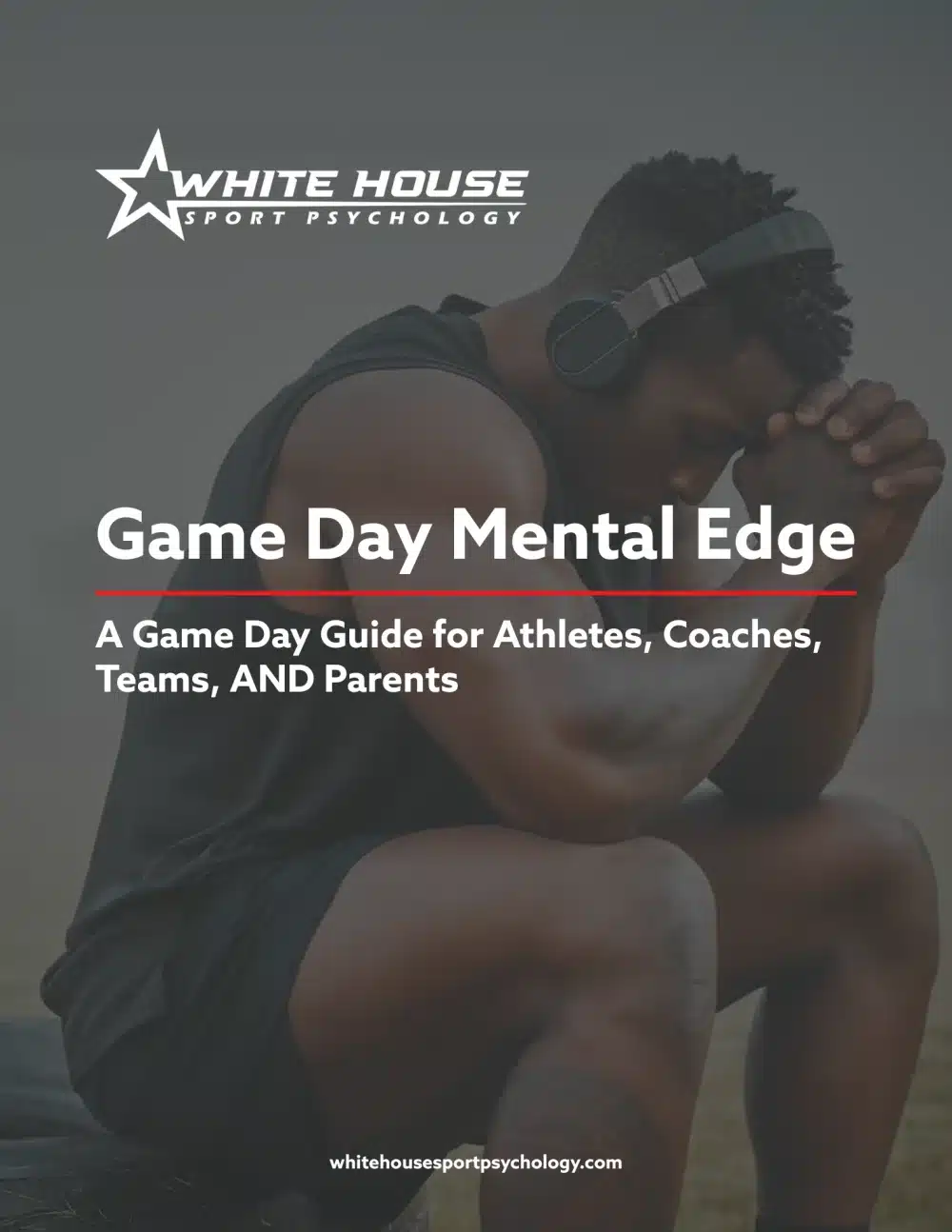Counseling Centers Nationwide Face Increased Demand
College counseling centers across the country are seeing an unprecedented surge in demand as the stigma around mental health continues to fade. This increase in students seeking support has created a ripple effect, stretching clinicians and staff to capacity as they work to manage heavy caseloads.
Balancing availability is challenging enough for the general student population, but student-athletes add further complexity with their demanding, sometimes unpredictable schedules. As more athletes seek mental health support, counseling centers face the growing challenge of meeting the diverse needs of their entire student body, and simply adding more staff isn’t always the answer.
As one counseling center director put it, “We cannot hire our way out of the imbalance in demand from students (including student-athletes) and the availability of qualified clinicians.”
1. Recognizing the Unique Culture of Athletics
Understanding the culture within athletics is essential to providing effective support for student-athletes. Just as cultural awareness, sensitivity, and responsiveness build trust with minoritized populations in traditional therapy, these same approaches to the culture of athletics are crucial to forging a strong therapeutic relationship with athletes.
Acknowledging and appreciating the norms, expectations, and pressures within athletic culture is vital to helping student-athletes feel seen and supported.
A few examples of athletics culture include:
- Consistently striving for perfection. Yes, it’s understood that perfection is generally unattainable, but the closer an athlete is to perfection, the more likely they are to beat their opponent. Another aspect of perfection is that in some sports like gymnastics or archery, perfect scores can be obtained.
- Commitment, dedication, and sacrifice are expected—they are not optional. Attendance at practices and games (along with arriving early enough to be ready to immediately start at the designated time) is non-negotiable. If it is on the schedule, athletes, coaches, and staff will be there, on time, ready to go.
- Athletics takes priority. Generally speaking, athletic events are added to the schedule first and other events are scheduled around athletics. Thus, athletes have been known to miss various events like social functions, family gatherings, and more.
- Work ethic. Phrases like “when you’re not practicing or training, someone else is” and “outwork your opponent today” are common in athletics. Generally speaking, hard work is highly desirable and praised. This typically stimulates motivation and effort. But like all good things, too much work can lead to negative consequences. For athletes, there is a fine line between optimizing their training and overtraining.
2. Domain-Specific Competence: The Need for Sport Psychology Expertise
Beyond traditional talk therapy, athletes look for clinicians who can help them learn specific mental skills, strategies, and techniques they can use to enhance their sports performance.
Much like a strength and conditioning coach teaches athletes how to perform specific exercises and trains their bodies, sport psychology professionals are teaching athletes how to exercise their brains such that they can produce the mindsets needed to perform their best.
Although clinicians working with the larger student body often receive training and certification in specialized techniques like EMDR or substance abuse treatment, education and training in sport psychology is its own field of study.
Just as a school psychologist follows a distinct path in psychology, sport psychology is its own specialty. This training equips sport psychology professionals with specific knowledge and skills that are crucial for supporting athletes’ mental health and performance, making them uniquely suited to address the needs of student-athletes.
3. The Performance Aspects of Sport Psychology: A Unique Skill Set
Sport psychologists receive extensive training in performance-related skills that aren’t typically covered in traditional therapy programs. They learn techniques such as attentional control, team cohesion, and mind-body activation—mental skills that athletes seek out to enhance their performance. And the demand for this type of service is growing.
The ability to control one’s physiology, knowing when and how to increase or decrease their mind-body activation, focus their attention on productive cues, sensations, or external features, instantaneously let go of mistakes, and more is what athletes are often seeking when they pursue sport psychology services. Every day, sport psychologists and other professionals with this specialized training are sought for their expertise in these performance-focused strategies.
Many clinicians with traditional training certainly have good intentions when attempting to help an athlete develop these mental skills. However, remembering our ethics and the principle of working within our domains of competence needs to be remembered.
Given that athletes are seeking this very specific form of support, clinicians without this specialized form of education and training may be risking the athlete’s ability to receive appropriate help and the potential for that client to seek any form of psychological assistance again in the future.
In fact, here at White House Sport Psychology, we receive calls every month from clients who failed to receive the support they needed via traditional therapy. We often hear statements like, “I tried to work with a traditional therapist but…” And keep in mind that these are the athletes who were willing to give some sort of psychological service a second chance. Imagine how many don’t.
To our traditionally trained colleagues, please know this is not an attack on you, your training, or your practice. We are grateful for the work you do. This is simply an acknowledgement that today’s student athletes often benefit from specialized care and sport psychology services that extend beyond what most college counseling centers offer.
4. Flexibility and Boundaries: Respecting Counseling Center Staff and Supporting Student-Athletes
Sport psychologists are often asked to work non-traditional hours, including nights and weekends, to accommodate athletes’ schedules. More and more are traveling with teams to away competitions and championship events. In many ways, this is another aspect of athletic culture—immediate access to resources.
In many cases, it’s beneficial for access to sport psychology resources to remain within an athletics department rather than placing additional expectations on counseling center staff. When student-athletes have access to dedicated sport psychology staff, counseling centers can maintain professional boundaries as well as best practices.
Furthermore, this allows the sport psychology professionals to adapt their approaches, policies, and procedures to the culture they work with. Professional standards regarding ethics and best practices are still followed, but they are applied within the context in which the clinician exists and functions. This approach supports all students’ mental health while allowing athletic departments to offer specialized support for athletes.
Privacy and confidentiality also benefit from this approach. Having dedicated sport psychologists within athletics avoids the need to create special accommodations or develop unique policies within counseling centers, which protects athletes’ confidentiality and upholds ethical standards.
The Numbers Don’t Lie: Demand for Sport Psychology is Soaring
Imagine managing a caseload that triples overnight. Data shows that athletes are using dedicated sport psychology services at 3-4x the rate of traditional counseling services.
Even with the best efforts, counseling centers are often understaffed and overwhelmed when it comes to meeting the needs of the general student body population. Additional demands associated with athletics and unique athlete needs can easily stretch a counseling center beyond its capacity. This can also have secondary consequences in the form of reduced capacity to meet the needs of more traditional students.
Empowering Counseling Centers Through Collaboration
By integrating sport-specific mental health resources, colleges and universities can better support both their counseling centers and their student-athletes, ultimately creating a more supportive environment for all students. Together, we at White House Sport Psychology can help colleges/universities, their counseling centers, and their athletic departments bridge the gap between student-athletes and the specialized care they need.
We want to connect with you! Let’s start building a professional relationship. To learn more about our practice and how we can collaboratively support one another, CLICK HERE to reserve some time on our calendar.

